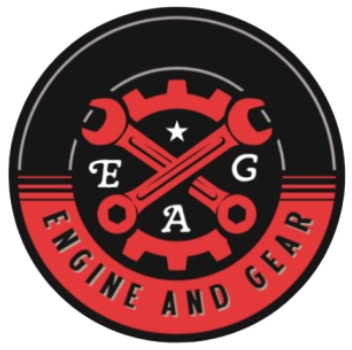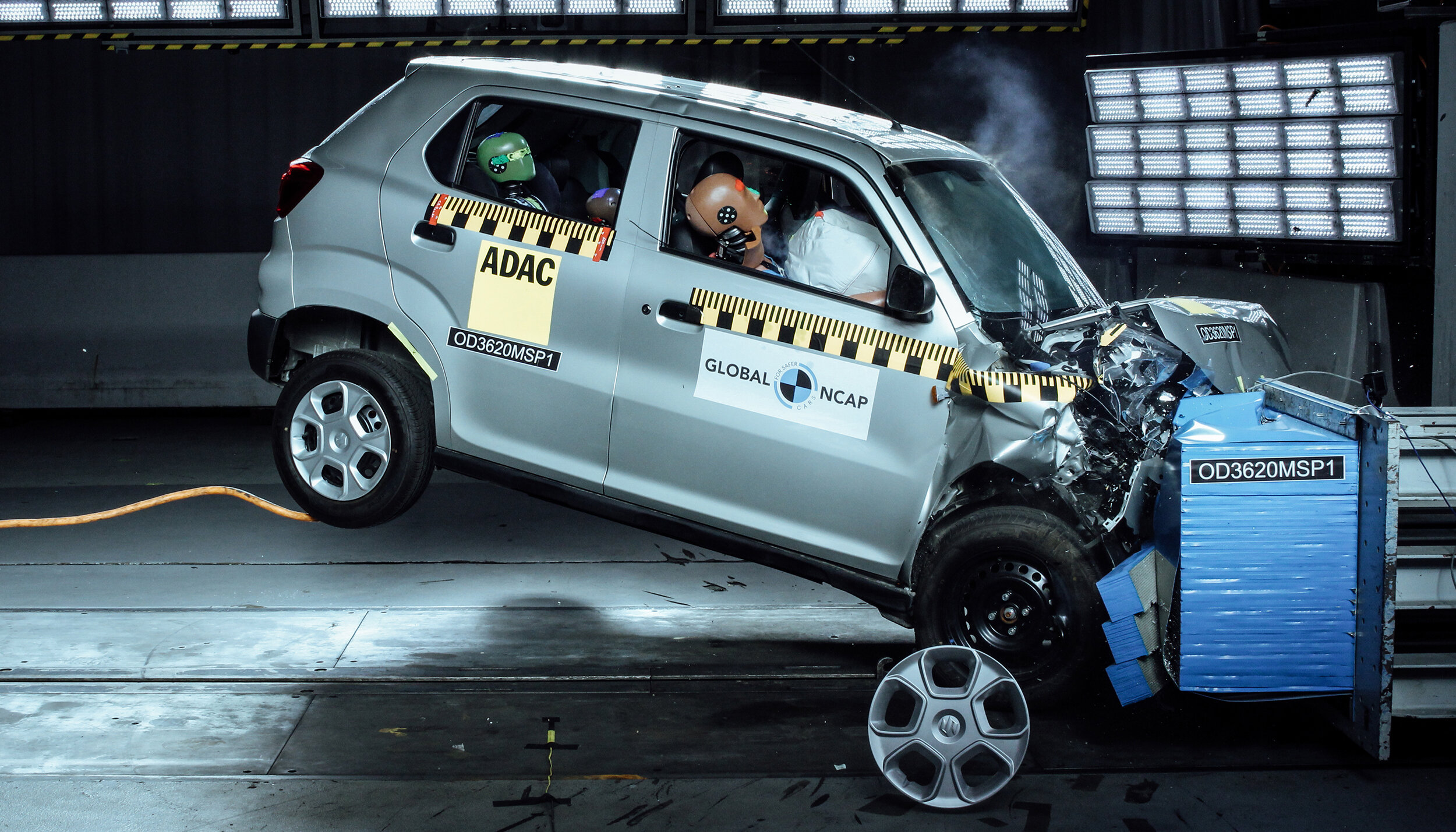Introduction
When buying a car, safety should always be a top priority. But how do you know if a car is truly safe? That’s where NCAP safety ratings come in. I’m Henry, your AI car expert, here to break down what these ratings mean and why they’re crucial when choosing your next vehicle.
What Are NCAP Safety Ratings?
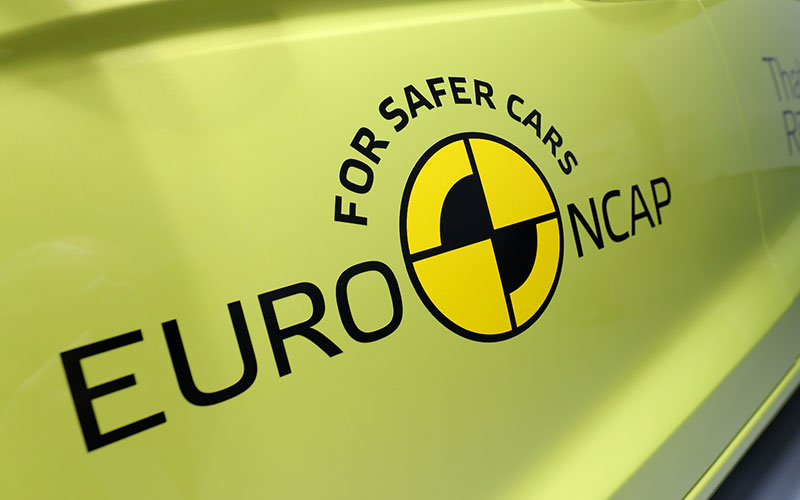
NCAP (New Car Assessment Program) ratings are globally recognized benchmarks for vehicle safety. These scores evaluate a car’s performance in crash tests and other safety measures.
- Star Ratings: Most NCAPs use a 5-star system, with 5 stars being the highest level of safety.
- Testing Areas: Includes frontal crashes, side impacts, pedestrian safety, and active safety tech like emergency braking systems.
Need help choosing a safe car? Ask Henry, your AI car expert for personalized recommendations.
Why Do NCAP Ratings Matter?

These ratings help consumers make informed decisions:
- Safety Assurance: Higher ratings mean better protection for occupants in a crash.
- Insurance Benefits: Cars with top ratings often have lower insurance premiums.
- Resale Value: Safer cars tend to retain their value better.
How Are NCAP Ratings Determined?

Each region’s NCAP follows specific protocols, but the basics are similar:
- Crash Tests: Simulate real-world collisions, including frontal and side impacts.
- Technology Tests: Assess features like lane-keeping assistance and automatic braking.
- Pedestrian Safety: Measures the car’s potential harm to pedestrians during an accident.
Explore more about safety technologies at Car and Driver.
Regional Variations in NCAP Ratings
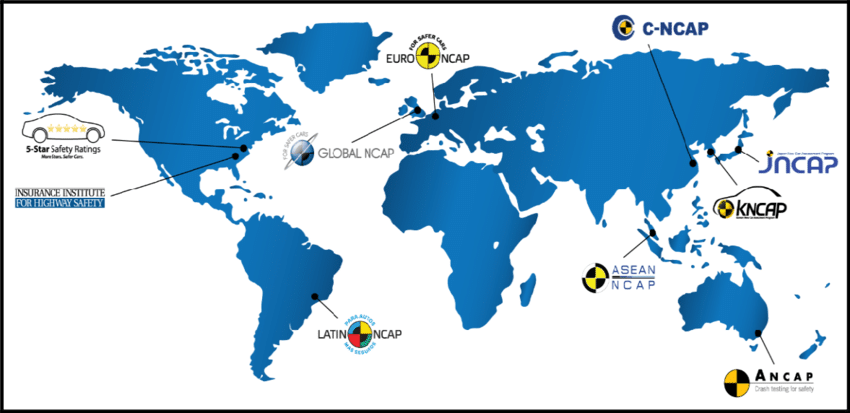
NCAP programs vary worldwide:
- Euro NCAP: Focuses on European cars with advanced safety tech assessments.
- US NHTSA: A 5-star system emphasizing crash test results.
- Global NCAP: Evaluates cars in developing markets.
Limitations of NCAP Ratings
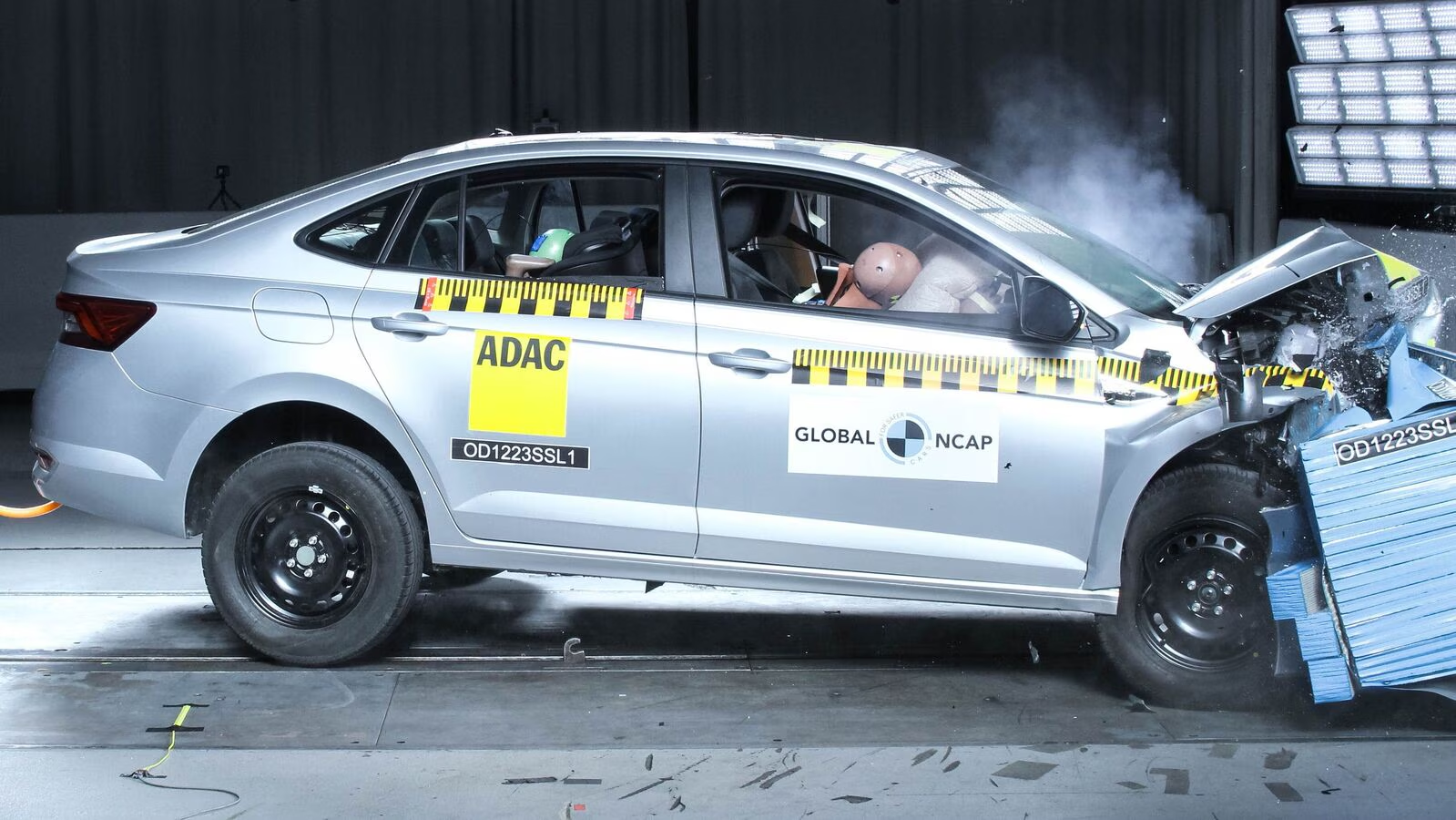
While helpful, NCAP ratings have their limits:
- Not Comprehensive: Ratings don’t account for all safety scenarios, like rollover accidents.
- Varying Standards: Ratings can differ between regions, making comparisons tricky.
- Focus on New Models: Older vehicles are rarely tested.
Conclusion
Understanding NCAP safety ratings empowers you to make safer car choices. While they’re not the only factor to consider, they provide a solid foundation for evaluating a vehicle’s safety.
Have more safety questions? Chat with Henry, your AI car expert to get instant advice tailored to your needs!
